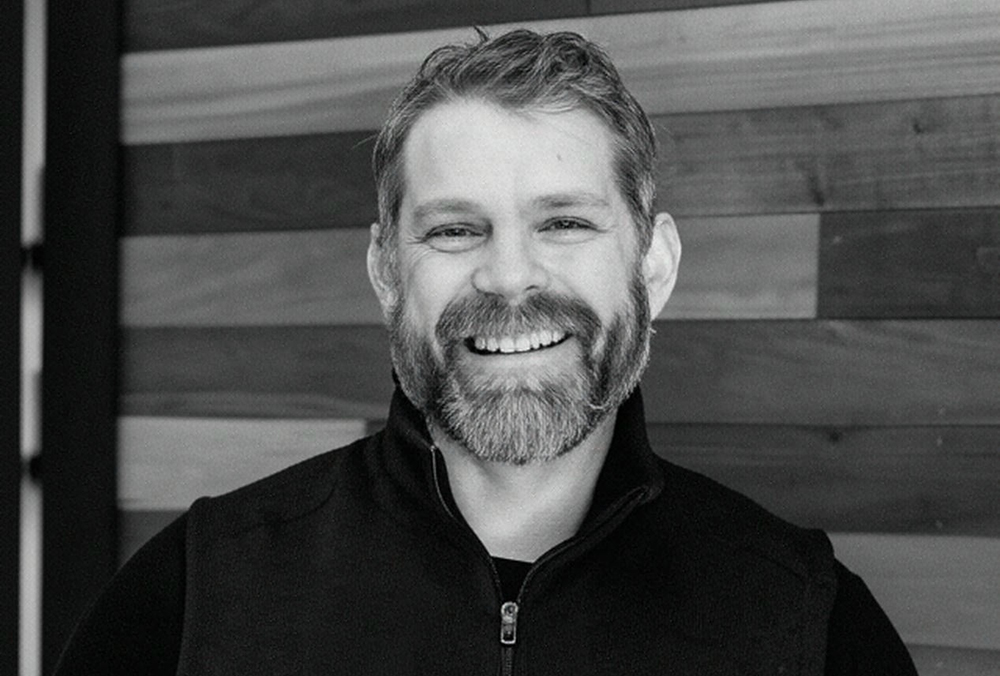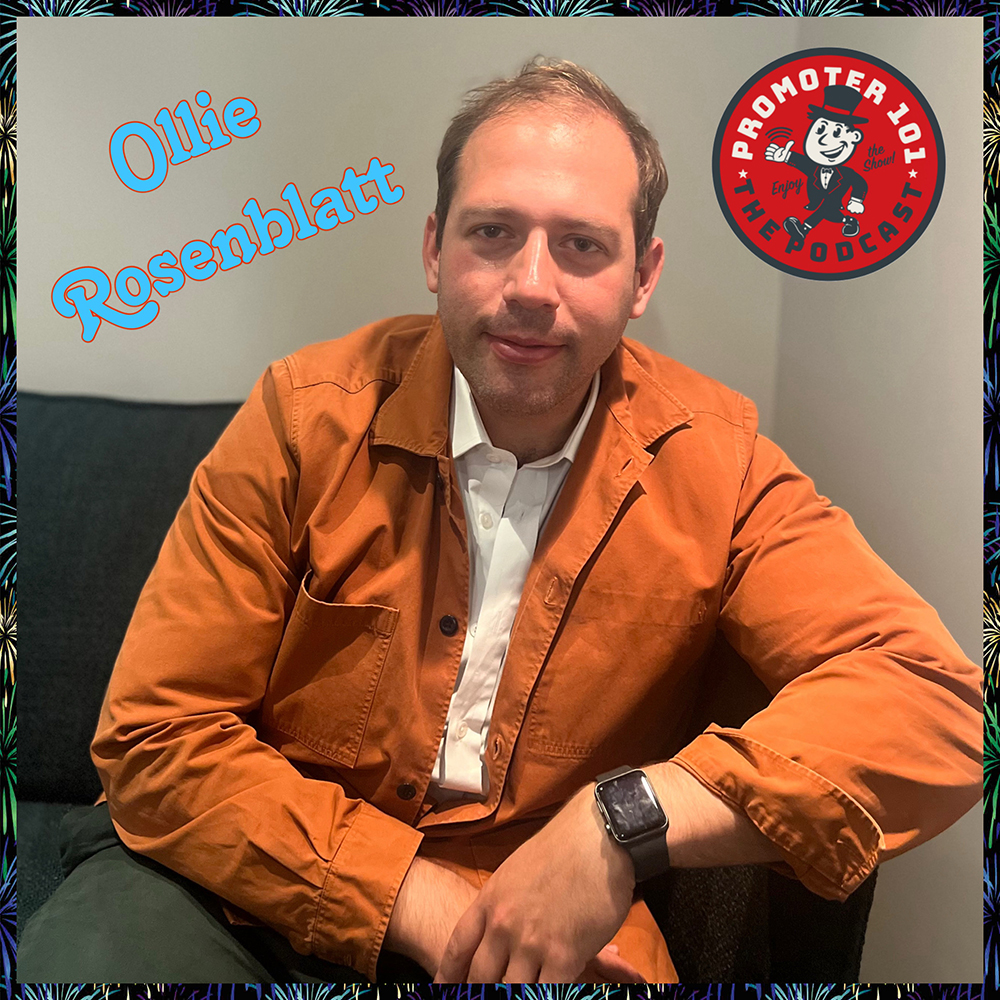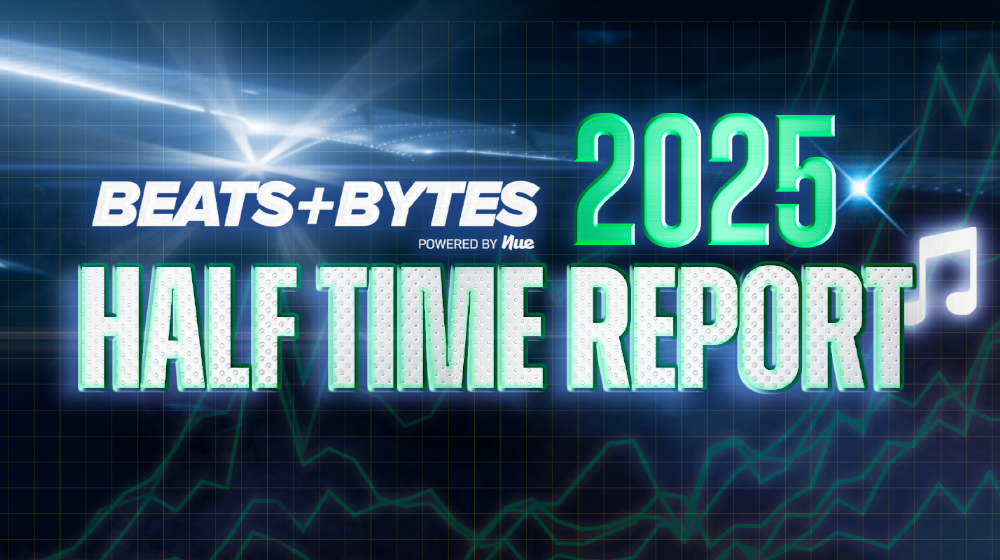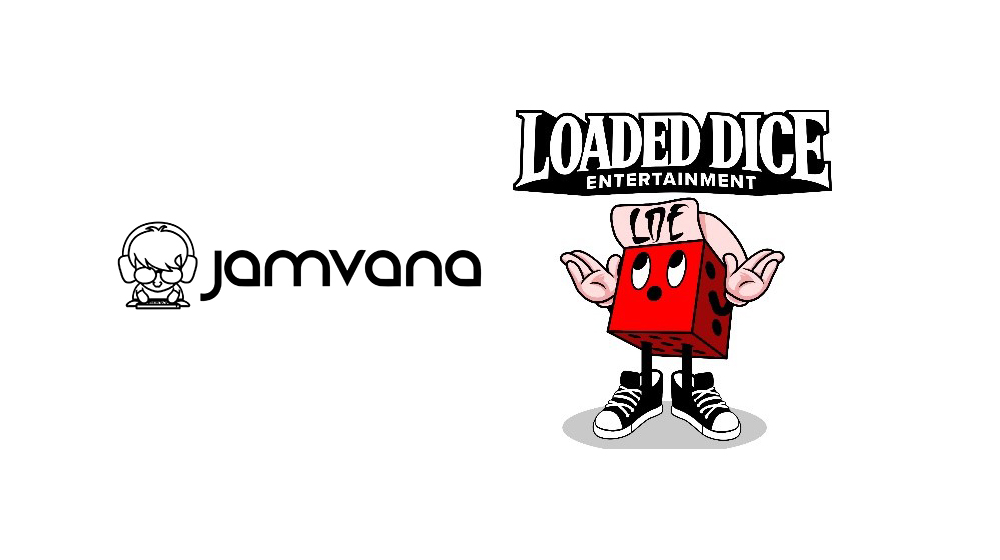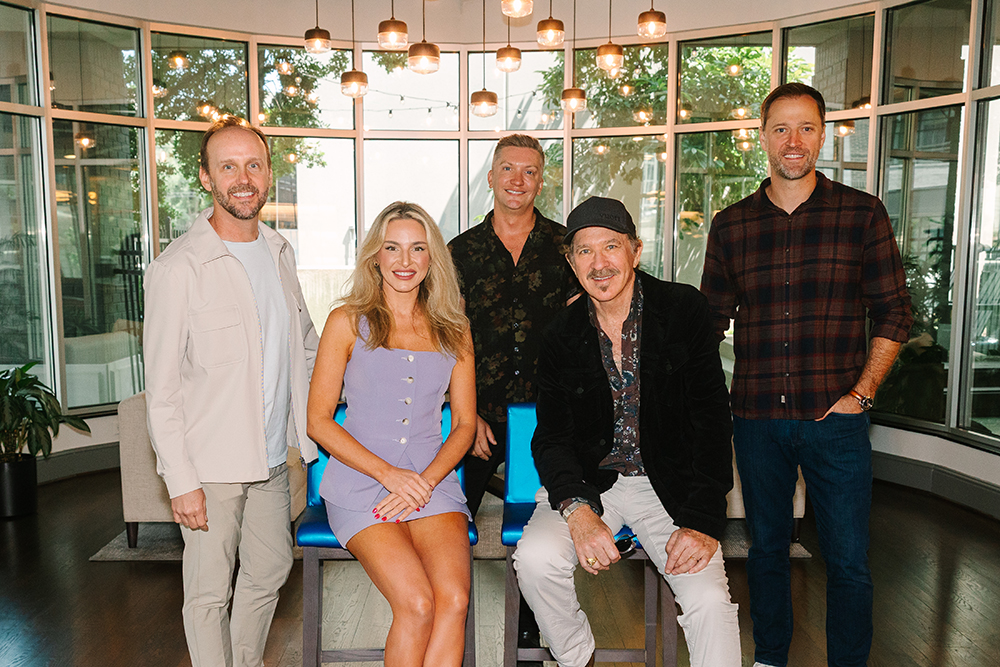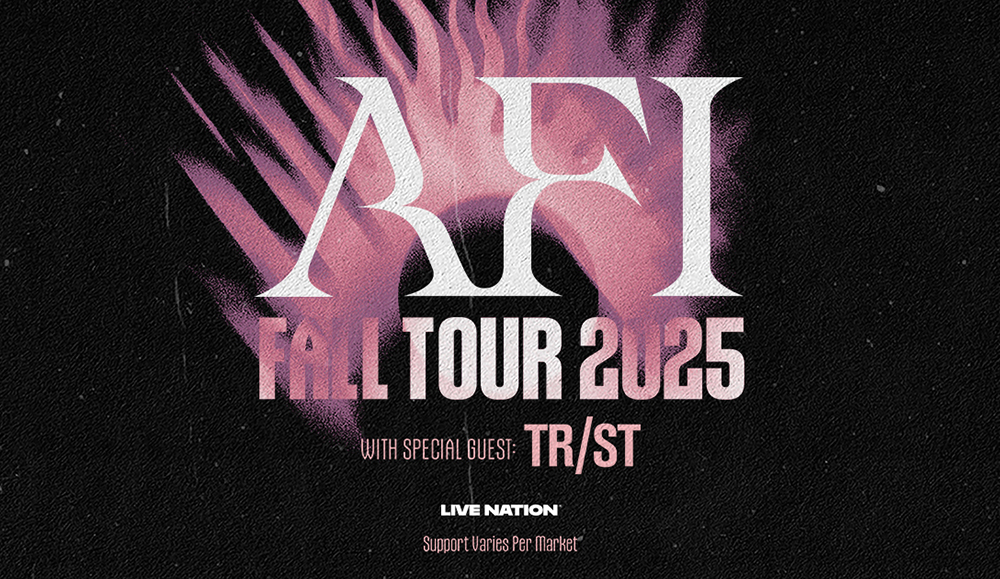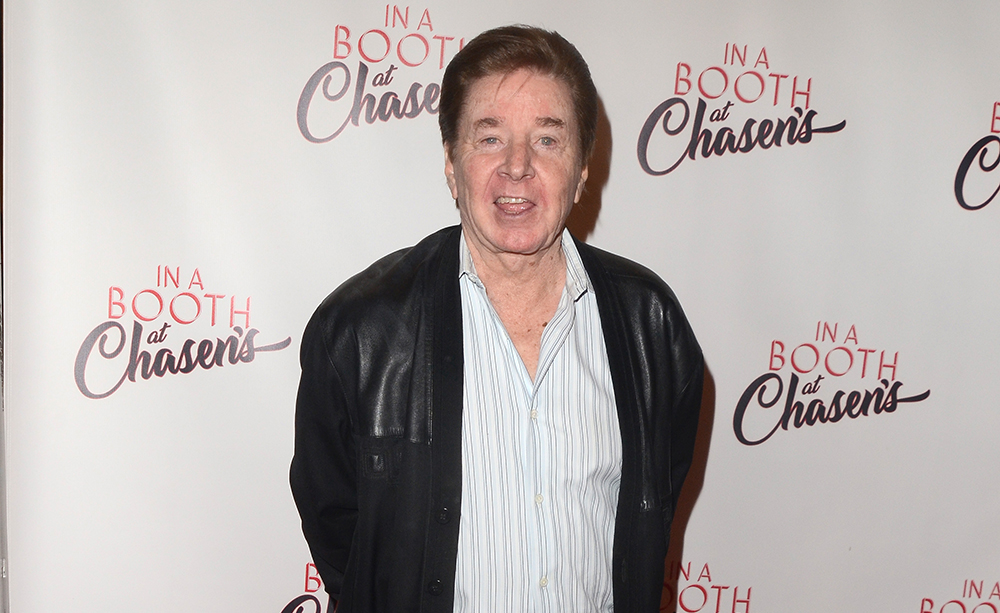
1. PRACTICE
You need neither talent nor skill to succeed in today's music business. If you look good enough, we can fix your voice in the studio. And we can get others to write your songs. But the more weapons in your arsenal, not only the longer your career, the greater your options.
Learn how to read music and play one instrument, if not more.
2. RECORD
Recording comes before playing live because you don't need an audience to do it. Whether done alone on a Mac or an iPad or with your group in a studio, getting your music down "on tape" allows you and others to critique it. It's a static document from which you can learn. It's kind of like videotape in sports.
You should not see recording as a one time thing, but as an ongoing activity. To not only learn about your music, but to make you comfortable with the process.
3. DECIDE ON THE MUSIC YOU WANT TO MAKE
Do this after you start recording, after you woodshed.
There are two options. Making the music you want to make and making music that you think you can sell. They oftentimes are not the same.
4. DECIDE WHO YOU WANT TO SELL THIS MUSIC TO
If you're looking for a major label deal, you must make the kind of music labels sell. And you must know that record companies are first and foremost businesses, they are not museums. If you don't think you can make a record company a lot of money instantly, don't bother knocking on the door. Labels don't want to hear about artist development, they want instant profits, no matter what they say. Don't try to sell quantum physics to a baby. Don't try to sell work boots to a runway model. Know who your audience is.

4.A. IF YOU'RE SELLING TO A LABEL…
Make it easy for them, don't make them connect the dots. Your demo must be slick, ready to be on the radio in its present form. Sure, they might re-record or remix it, but don't count on a label to have vision.
Visual materials help.
And so does an audience.
But be professional. Your goal is to make the label salivate, desirous of being in business with you.
5. IF YOU'RE NOT SELLING YOUR MUSIC TO A LABEL…
And you shouldn't be doing this if you're not making Top Forty music. Oh, you can sign with an indie, but know you'll probably have trouble getting paid.
Indies are poorly capitalized. They don't have the relationships of majors. They promise a lot and deliver little.
Of course there are exceptions, but discover if the label you're interested in truly is one or you just need to make a deal to feel good about yourself, to impress your mother.
We're living in the era of control. Give up just a teensy-weensy bit of it and you might never gain success. The suits never see it your way. If you think they do, you are one or have never been in business with one.
5.A. YOU MUST BUILD AN AUDIENCE
This is where the games truly begin. Unless you're a famous actress or sleeping with the producer du jour, no one in the business wants to pay attention to you unless you've got an audience.
And the new metrics no longer count.

MySpace could be gamed and so can YouTube and Facebook. High online numbers never hurt, but no one with the money to invest in you is going to believe them on their surface. They want to show up at a gig and see it packed. In multiple cities. They want to know you've done the work.
And you might ask yourself if I'm doing all the work, what do I need them for?
And that's a very good question.
5.B. BUILDING THAT AUDIENCE
It all comes down to the music. Doesn't matter what you look like or who you know, here's where the rubber meets the road. Music is something you hear, yours has to be really damn good to connect, exceptional. It has to be so good, that if someone listens to it they want to tell everybody they know about it. Click on the random tracks in your own library, do you want to sell this stuff to everybody? Now you're getting the idea.
The more people playing, the harder it is to win.
Good is not good enough.
You've got to be great.
5.C. ASSUMING YOUR MUSIC IS GOOD ENOUGH
You must make it available. It's got to be buyable, streamable and listenable for free. You've got to make it easy. Don't make the mistake of thinking about money up front. Money comes last in music, especially in today's world. You don't want to sacrifice millions to make $10,000. Are you in it to be a world-beater? Then you must work for free for eons. Every dollar you do make must be reinvested. If you're not thinking big in music, you won't be.
5.D. PLAYING LIVE
You've got to. Because the days of huge recording sales are done, live is where the money is. Play anywhere and everywhere people will have you. If you're good, the audience will spread the word. 
5.E. MERCH
Must be available at every gig. It's a souvenir. People want to invest in you. Have everything from posters to vinyl to CDs. You're selling badges of identity.
6. TRACTION
If you've got none, and you're questioning whether to give up, do so.
Traction is an indicator of whether you're on the right track. You've got to gain a foothold and increase your audience. And you can't do this artificially. Only you know if you're going forward. If you're delusional and want to continue with no traction, that's your choice.
7. BE A LIFER
There's no cashing out in music. It isn't like Instagram selling to Facebook. If you're not planning to play forever, stop now. Because it's probably gonna take forever for people to learn who you are and embrace you. With the cacophony of information today it's harder than ever to get noticed. Sticking around counts for a lot. The longer you're in the game, the better the chance you might get lucky.
8. PUBLICITY
Works less than ever before. Works on a train-wreck level, like with Rebecca Black, but if you're the beneficiary of this kind of exposure, milk it for as much as you can right away, because it ain't gonna last.
The audience is sophisticated, it knows hype, and it ignores hype.
Not only does print mean almost nothing, TV isn't much better. If TV counted, all those contestants on "American Idol" and "The Voice" would be winners, but almost none of them are.

If you get a placement, enjoy it, just don't try and convince yourself you've made it.
9. CONCLUSION
YOU CAN MAKE IT!
But you can win the lottery too.
But the lottery requires no skill. Music requires a ton of skill as well as luck.
Keep practicing, keep innovating, keep learning, keep changing.
And know that the odds of you being successful are infinitesimal.
Because being successful is not solely about being talented and believing in yourself, but perseverance and personality. Can you play, write and sing like Elton or Gaga and still make friends with everybody you meet, so they'll want to work for you?
So much of success is psychological and personal. Are you a winner? Do you have charisma? Do people want to hang on your every word? Do girls want to sleep with you and guys want to confess to you and vice versa? If you or someone in your band doesn't have this magic amalgam of personality, chances are you're not gonna make it.
Steve Jobs inspired belief. We can deconstruct his personality flaws all day long, but he got people to work extremely hard for him. Can you inspire people to work just this hard for you?








































